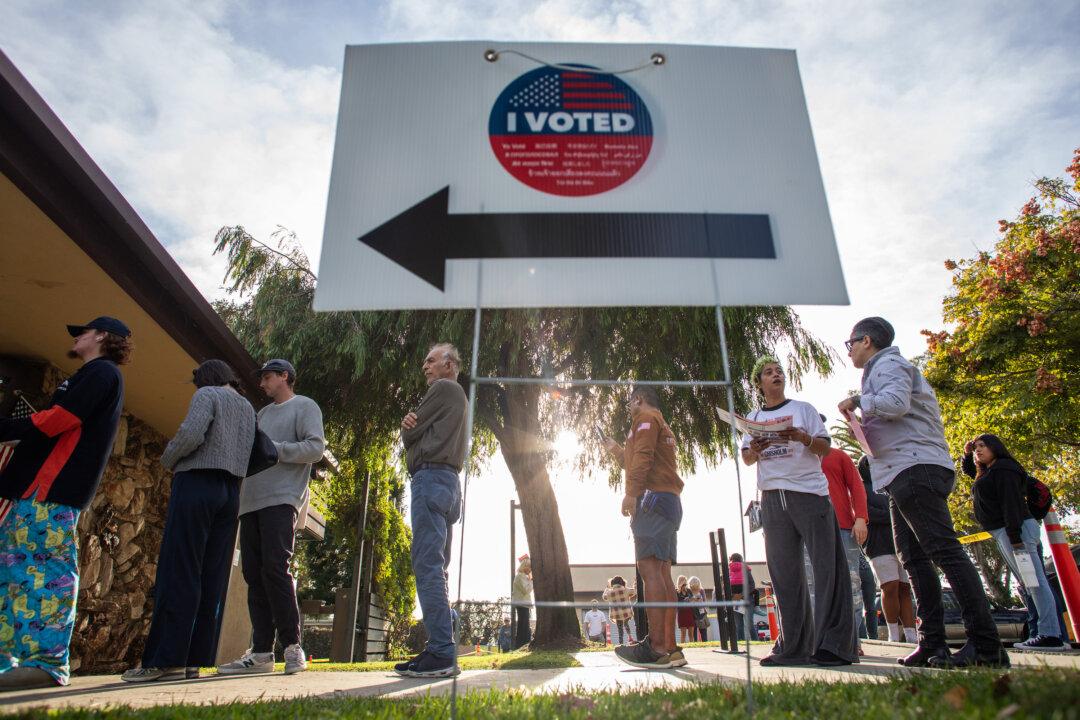Commentary
During the past few years, many suppositions about the U.S. system of government have come into question. You can see it in the polls showing that Americans have lost trust in everything, including medicine, media, tech, academia, and, of course, government.





